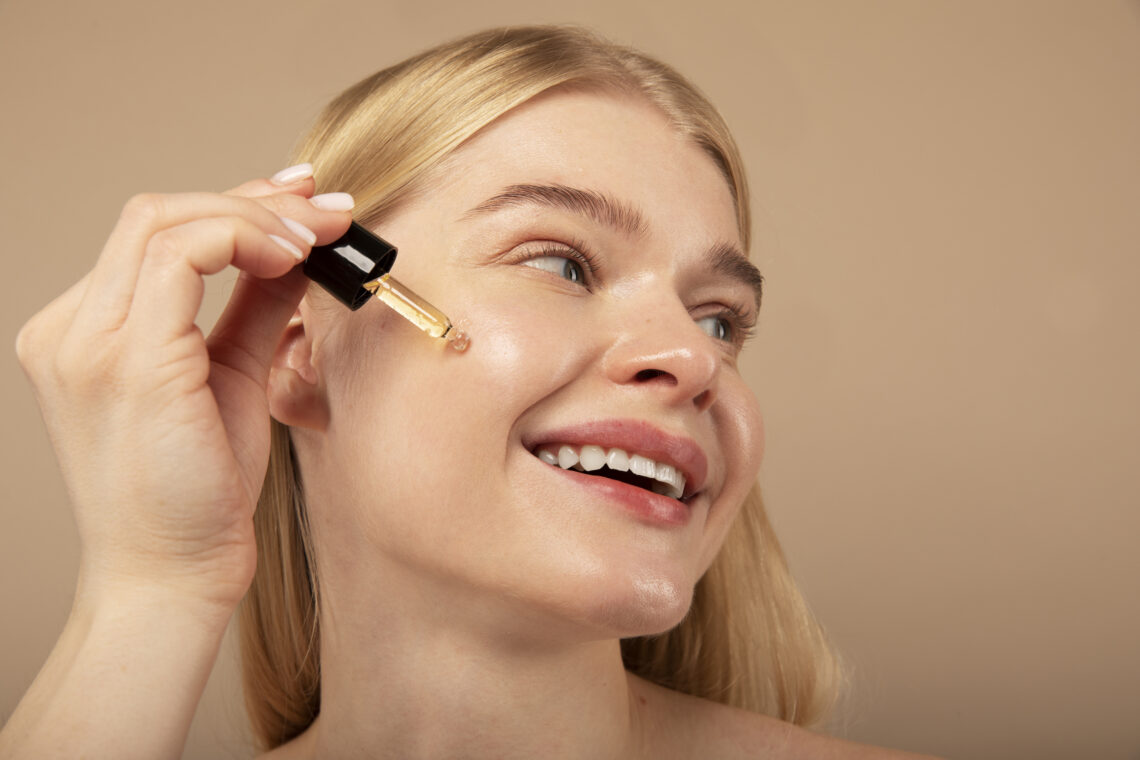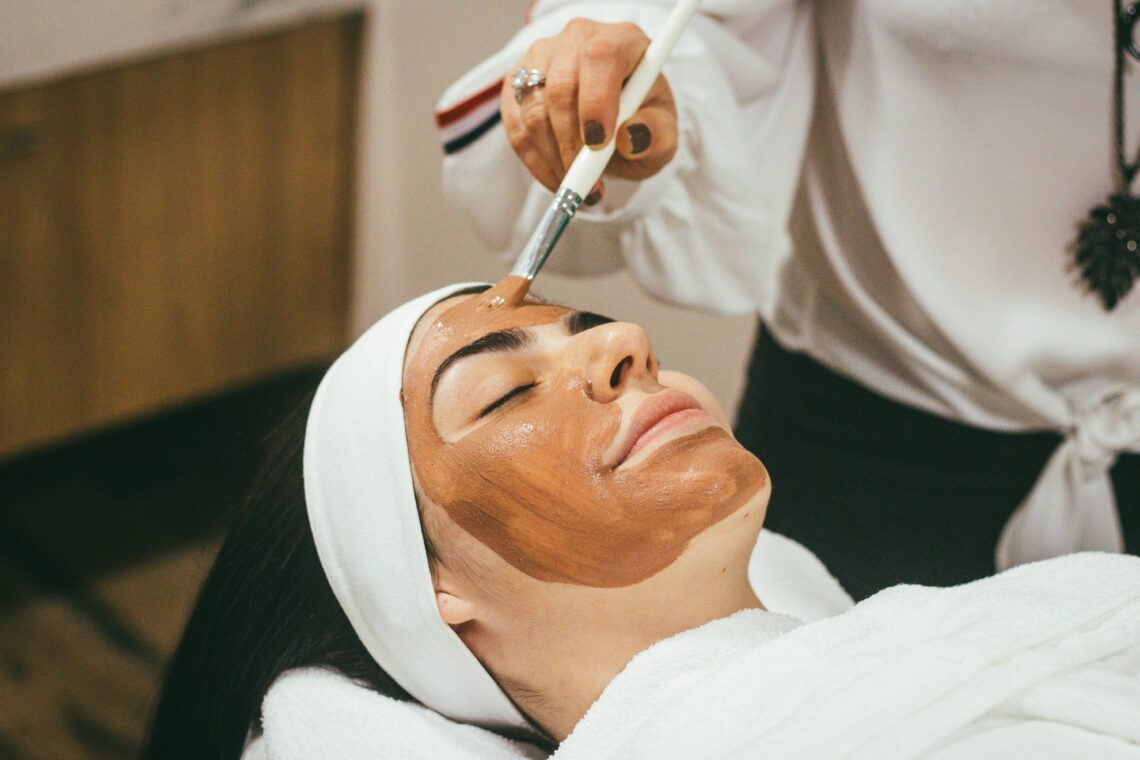Do you suffer from eczema or psoriasis? These skin conditions are more common than you may think. If you feel embarrassed, know that you are not alone. If you find understanding the skin conditions to be hard, read on.
The skin conditions are distinct yet similar to each other in the way they both involve the immune system. Understanding the differences between the skin conditions can help you identify what it is that you are suffering from. And therefore, also how you can treat your skin condition.
What Is Eczema?
Eczema is a common skin condition that causes itchy, red, dry and irritated skin. Eczema can appear anywhere on the body, but most comely affect the arms, inner elbows, backs of the knees, cheeks and scalp. The type of rash and placement on your body is dependent on what type of eczema you have. People suffering from eczema can also experience periods where symptoms are less noticeable, but also flare-ups (periods where the symptoms are more severe).
There is no official cause of eczema, but it can be a result of the immune system’s reaction to common triggers like irritants, environmental factors, allergens or skin infections. Genetics can also play a part in it, meaning that if your parents have it you are more likely to also have it. It is not contagious to other people.
Types Of Eczema
Atopic eczema (atopic dermatitis) is one of the most common types of eczema. This causes the skin to become dry, itchy and cracked. This type is most common in children, but it can also develop for the first time in adults. Atopic eczema is usually a long-term condition, but it can improve significantly and even clear completely.
Other types of eczema include:
- discoid eczema: eczema that occurs in circular or oval patches on the skin.
- contact dermatitis: eczema that occurs when the body comes into contact with a particular substance.
- varicose eczema: eczema mostly affects the lower legs, caused by blood flow problems in the leg.
- seborrhoeic eczema: eczema that develop red, scaly patches on the nose, eyebrows, ears and scalp.
- dyshidrotic eczema (pompholyx): eczema that causes tiny blisters to erupt across the palms of the hands and soles of the feet.
Symptoms Of Eczema
Symptoms can vary depending on the type of eczema, but there are some common symptoms that can be identified in all types. These are:
- Itchy, dry, rough and flaky skin
- Inflamed and irritated skin
- Red or brownish-grey patches
- Small, raised bumps
- Thickened, scaly skin
- Sore skin
How To Treat Eczema?
When it comes to treating eczema, there are some things you can do depending on the severity of your eczema. Mild eczema can be treated at home by avoid triggers and keeping the skin moisturised. You should also never itch your eczema as this can cause infections which will need to be treated with antibiotics.
If you want an at home skincare routine for eczema, check out this related article: the complete guide to skincare for eczema.
For more severe causes of eczema, there is currently no cure. However, seeking medical help from dermatologist or doctors, can help you find treatments that can make managing the symptoms easier. For example:
- Self-care techniques: no scratching, avoiding triggers, moisturising.
- Emollients (moisturising treatments): used daily for dry skin.
- Prescribed medication: like topical corticosteroids to help reduce swelling, redness and itching during flareups.
What Is Psoriasis?
Psoriasis is a chronic disease where the immune systems become overactive, causing skin cells to multiply too quickly. The cells pile up on the skins surface, leading to thick scales or plaques that can be dry, flaky and painful. Psoriasis is most commonly found on the scalp, elbows or knees, but it can affect other parts of the body too.
Anyone can get psoriasis, but it is more common in adults than children. Most types of psoriasis can be trigger by environmental factors like cold or dry weather, mediations, infections, skin injury and even stress. Genetics also plays a part in it, and you have a higher risk of psoriasis if it runs in your family.
Types Of Psoriasis
The different types of psoriasis include:
- Plaque psoriasis: the most common type. Appears as raised, red patched of skin covered by silverly- white scales. Tend to appear on the scalp, elbows and knees.
- Guttate psoriasis: appears in children or young adults. Appears as small, red dots on the torso or limbs. Often trigger by respiratory tract infections like strep throat.
- Pustular psoriasis: pus- filled bumps (pustules) appear on the hands and feet, and sometimes the entire body. Can be trigger by medications, infections, stress or chemicals.
- Inverse psoriasis: appears as smooth, red patches in the fold of the skin like the armpits, underneath the breasts, or in the groin.
- Erythrodermic psoriasis: rare, but severe. Appears like red, scaly skin over most of the body. Often develops in people who have a different type of psoriasis that is not well managed.
Symptoms Of Psoriasis
Symptoms can vary depending on the type of psoriasis, but there are some common symptoms that can be identified in all types. These are:
- Patches of thick, red skin with silvery-white scales that itch or burn.
- Dry, cracked skin that itches or bleeds.
- Thick, ridged, pitted nails.
How To Treat Psoriasis
Like eczema, there is no cure for psoriasis. However, seeking medical help from dermatologist or doctors can help you find treatments that can make managing the symptoms easier. For example:
- Self-care techniques: no scratching, avoiding triggers, moisturising.
- Emollients (moisturising treatments): used daily for dry skin.
- Prescribed medication: like topical corticosteroids to help reduce swelling, redness and itching during flareups.
- Phototherapy: light therapy with ultraviolet or UVB light.
Eczema vs. Psoriasis
As you understand by now, the two skin conditions are similar. If you feel like you are still not understanding the skin conditions, let us summarise the key points.
Firstly, eczema is a result of the immune system’s reaction to common triggers whilst psoriasis is a chronic disease where the immune system becomes overactive.
Secondly, the symptoms are similar. Eczema causes itchy, dry, rough and flaky skin that is inflamed and irritated. Psoriasis causes patches of itchy, thick, red skin with silvery patched, and dry, cracked skin that bleeds.
Lastly, when it comes to treatment, the best thig you can do is seek medical help. This will not only help you identify which skin condition you have, but also the treatment you should try.



